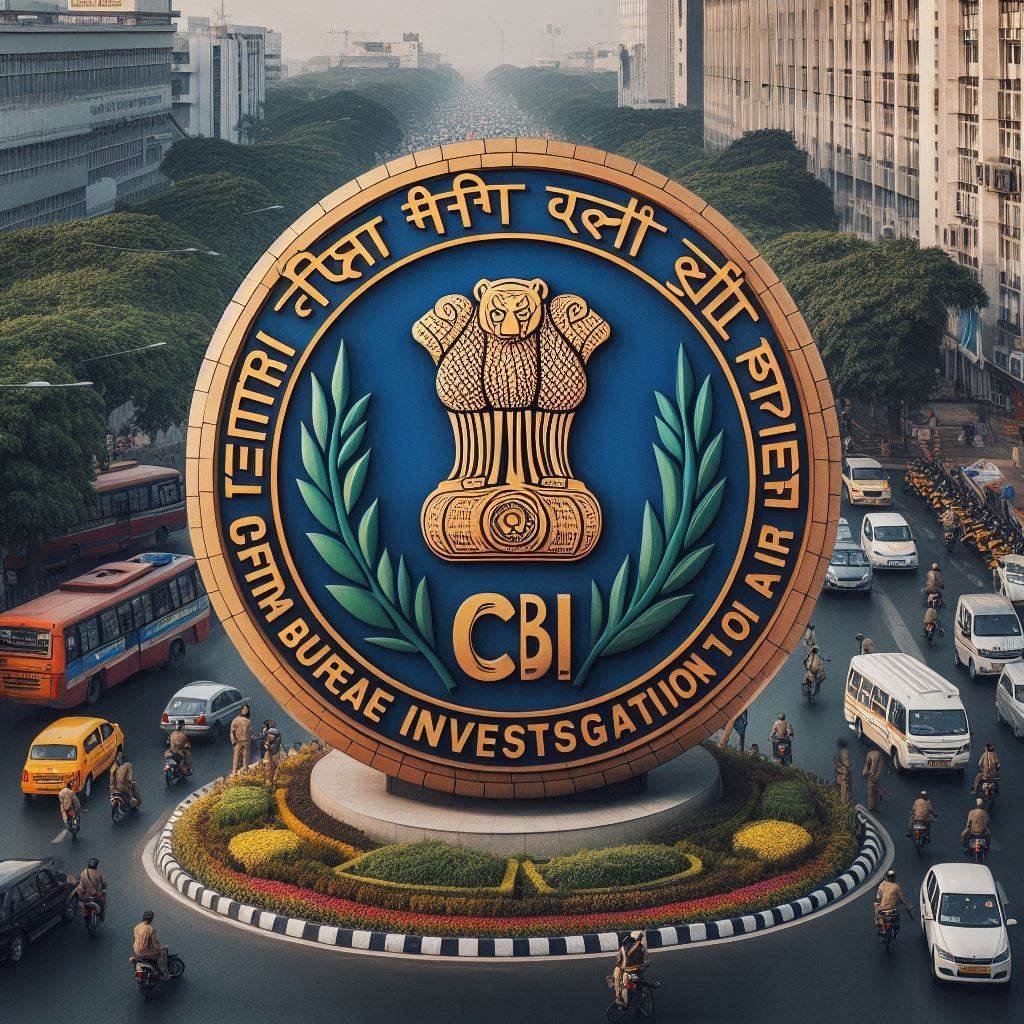The recent reprimand of the Central Bureau of Investigation (CBI) by a special court in Ranchi over its handling of the probe into the construction of a mega-sports complex for the 34th National Games is a stark reminder of the critical need for accountability and transparency in public projects. The allegations of embezzlement and irregularities in the construction process, which saw the project cost balloon from Rs 206 crore to Rs 425 crore, highlight a troubling pattern of mismanagement and potential corruption that cannot be ignored.
The court’s criticism of the CBI’s closure report, which was filed without examining key individuals involved in the project, raises serious questions about the thoroughness and integrity of the investigation. Special Judge Prabhat Kumar Sharma’s observation that the investigation was not conducted in a “proper way” underscores the importance of a meticulous and unbiased approach in such high-stakes cases.
Public trust in institutions like the CBI is paramount, and any perception of a lack of diligence or impartiality can erode this trust. The court’s directive to record statements from all individuals who filed public interest litigations (PILs) and to gather detailed information on monetary transactions and the roles of various officials involved is a step in the right direction. These directives must be followed rigorously to ensure a comprehensive and transparent investigation.
The allegations of irregularities in the construction of the sports complex, including the questionable selection of consulting firms and construction companies, point to a deeper issue of governance and oversight. The significant increase in project costs, as highlighted by a Jharkhand Assembly committee report in 2008, attributed to government apathy and negligence, further emphasizes the need for stringent checks and balances in public projects.
The National Games, held in February 2011, were meant to be a showcase of sporting excellence and infrastructure development. Instead, they have become a symbol of alleged financial mismanagement and corruption. This case serves as a crucial reminder that public funds must be managed with the utmost integrity and accountability. The public has a right to expect that their money is used efficiently and transparently, and any deviation from this standard must be met with swift and decisive action.
Moving forward, the CBI and other investigative agencies must adopt a more proactive and thorough approach to their investigations. This includes not only examining all relevant individuals and evidence but also ensuring that their findings are communicated transparently to the public. The role of the judiciary in holding these agencies accountable is also crucial, as demonstrated by the special court’s intervention in this case.










